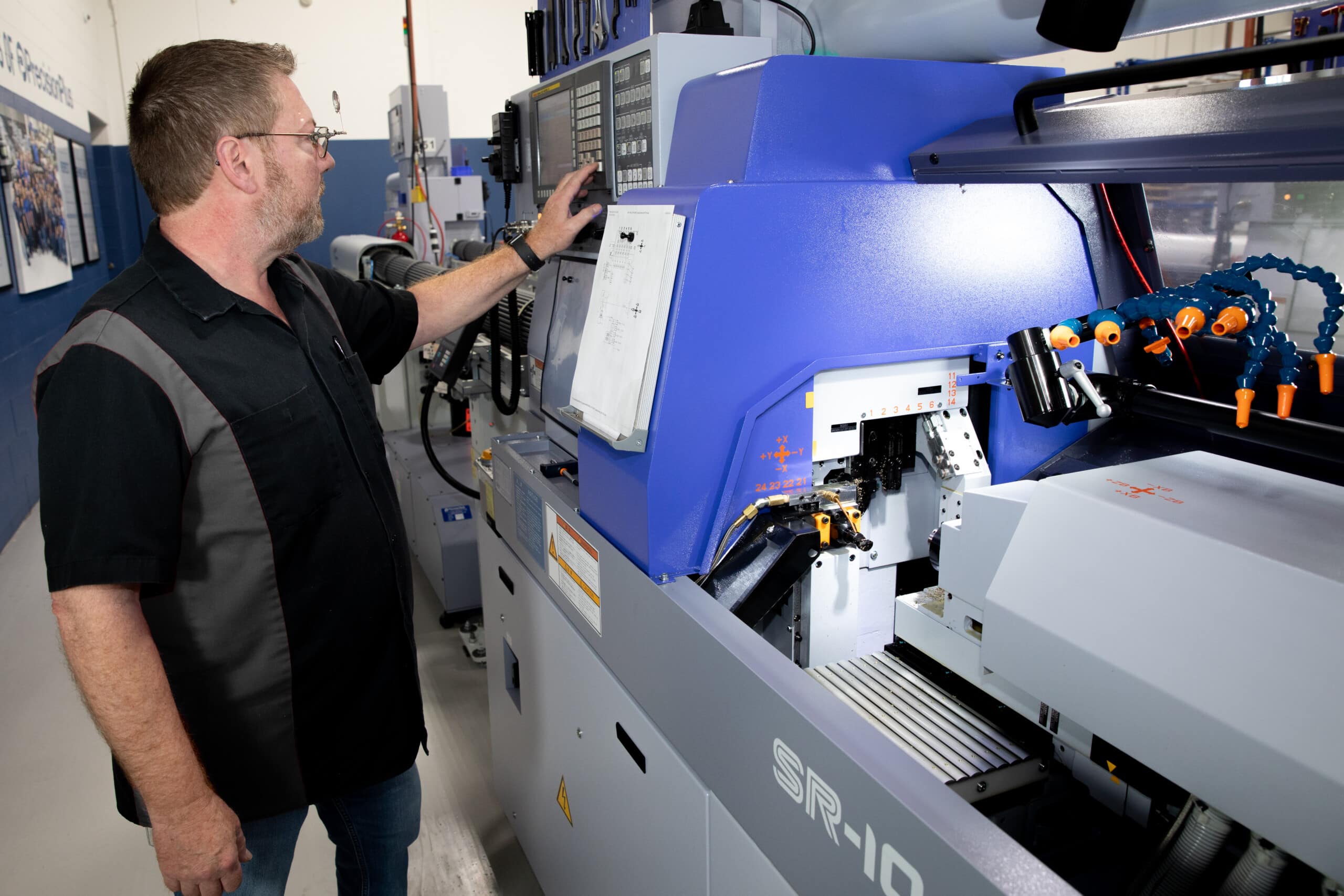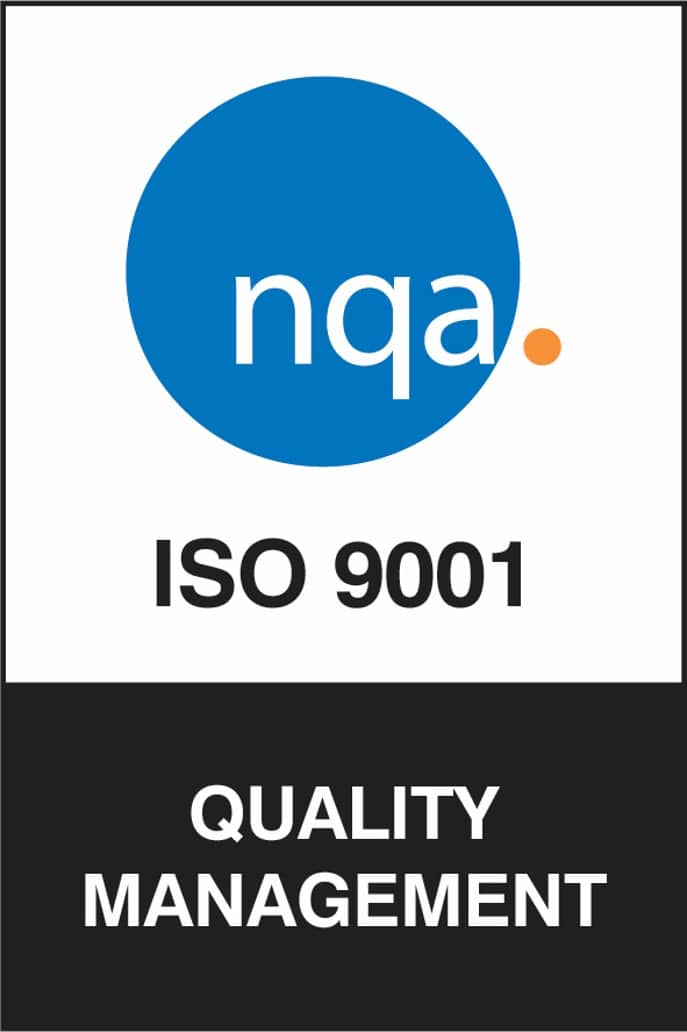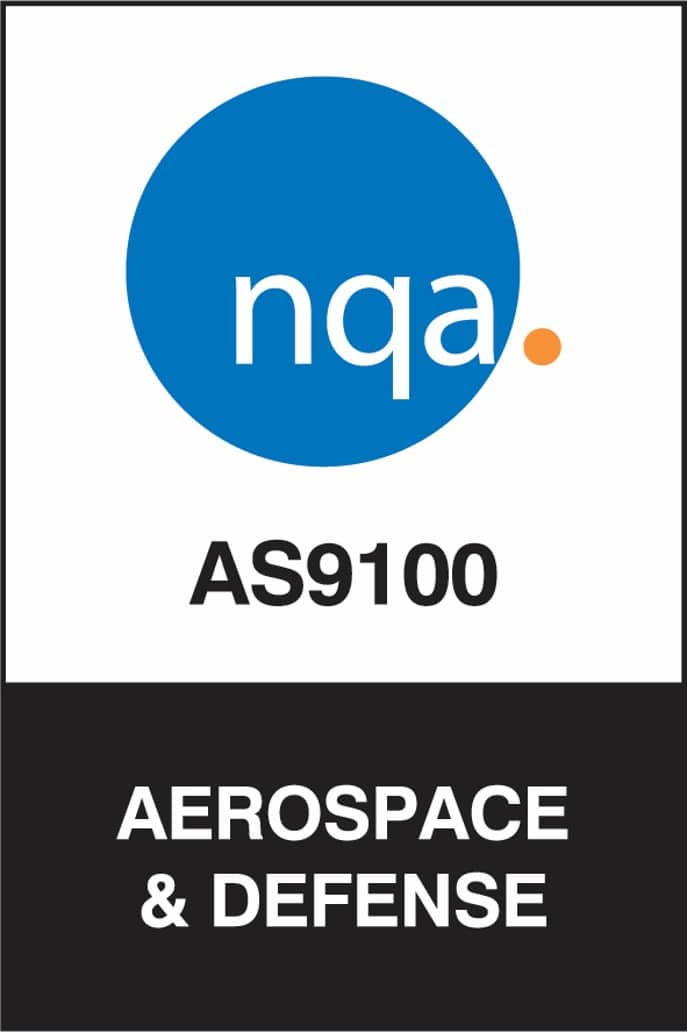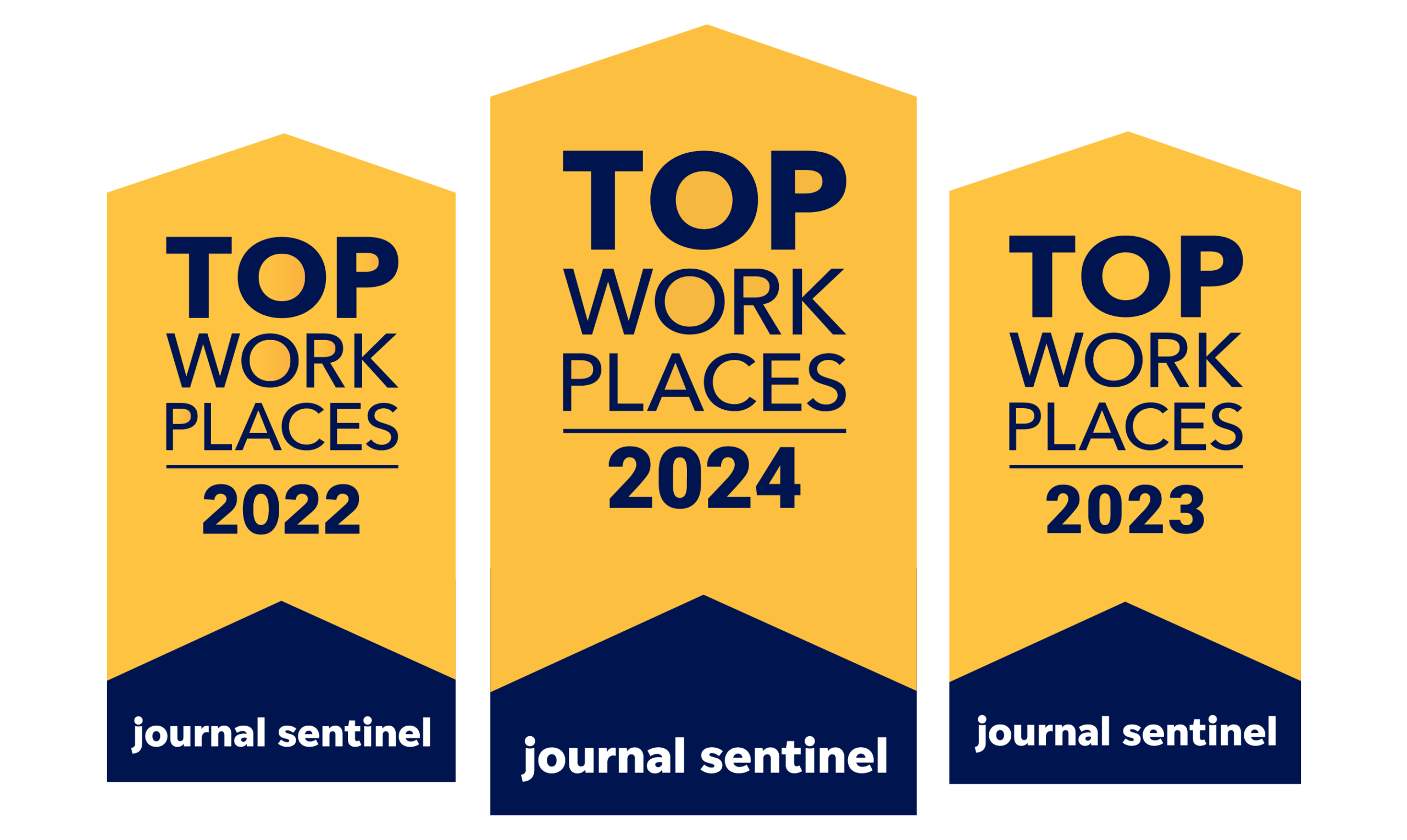The Evolution and Impact of Screw Machining on Modern Manufacturing
Since its creation in the mid-19th century, screw machining has undergone a significant evolution. The transition from traditional Swiss cam and coil-fed machines, exemplified by the likes of Tornos and Escomatics, to the cutting-edge realm of CNC (Computer Numerical Control) machining, represented a monumental leap in manufacturing technology and transformed the industry.
Historically, Swiss cams set a high standard for the industry, offering precision and reliability in producing small, intricate parts. However, the addition of CNC technology has dramatically transformed the landscape, ushering in an era of unparalleled precision, efficiency, and productivity. These modern CNC machines leverage computer-generated designs to execute complex machining tasks with extraordinary accuracy, enabling the production of parts with intricate geometries and tight tolerances that were once deemed impossible.
Modern Screw Machining Technologies

The advent of CNC machining marked a significant milestone from traditional Swiss cam turning and machining, enabling the advanced manufacturing of parts with unprecedented precision and speed. This shift from manual to automated processes enhanced efficiency. It allowed for the creation of more complex and intricate components, opening new avenues for innovation and application across diverse sectors and industries.
This technological revolution is further bolstered by significant advancements in materials and tooling, allowing for the efficient and precise machining of advanced metals and composites. Such progress has expanded the boundaries of screw machining, facilitating the creation of components for new applications and industries. Additionally, the seamless integration of Computer-Aided Design (CAD) and Computer-Aided Manufacturing (CAM) into the manufacturing process has been a game-changer. This synergy ensures a direct and error-free transition from design to production, optimizing the manufacturing workflow and enhancing the overall quality of the final products.
Sustainable Manufacturing Practices in Modern Machining
In advanced manufacturing, modern screw machining practices are increasingly focused on sustainability. By adopting energy-efficient technologies and minimizing waste, companies like Reader Precision are committed to reducing their environmental impact. This commitment to sustainable manufacturing not only benefits the planet but also aligns with the growing demand for environmentally responsible production methods. Some initiatives Reader Precision invests in and implements include:
- Energy-Efficient CNC Machines: Investing in CNC machines that use less energy while maintaining high precision, reducing overall energy consumption and carbon emissions.
- Recycling and Waste Minimization Programs: Comprehensive recycling programs for metal shavings and coolant fluids minimize waste, ensuring by-products are reused or properly disposed of, reducing landfill contributions.
- Green Building Practices: Facilities feature energy-efficient lighting, heating, and cooling systems, enhancing energy efficiency and reducing operational costs.
- Sustainable Supply Chain Management: Partnering with suppliers committed to sustainability, ensuring responsible practices throughout the supply chain, including sourcing sustainable materials and reducing transportation emissions.
- Employee Engagement in Sustainability: Educating employees on sustainable practices, fostering a culture of environmental responsibility, and providing training to support sustainability goals.
Manufacturing is often viewed as a significant contributor to environmental degradation. However, the industry’s shift towards greener practices is reshaping this perception. Energy-efficient CNC machines, recycling programs, and waste minimization strategies are becoming standard practices, contributing to a more sustainable manufacturing process.

Shaping Tomorrow’s Manufacturing Landscape
In the intricate balance of traditional craftsmanship and modern manufacturing, screw machining stands as a testament to the evolution of precision machining and engineering. Emerging technologies, including automation, artificial intelligence (AI), and additive manufacturing (3D printing), stand on the horizon as the next frontier in screw machining. These advancements promise to redefine efficiency and productivity, with automation and AI minimizing human error and maximizing output, while additive manufacturing offers complementary capabilities for producing complex prototypes and components.
Reader Precision and its subsidiaries actively embrace these innovations, positioning ourselves to meet future challenges head-on. By continually pushing the boundaries of precision machining, we aim to deliver superior value and quality to our clients, ensuring our role as a pivotal player in the industry’s future.
We invite you to learn more about our screw machining capabilities and how we can contribute to the success of your projects. Contact us for more information and explore our machining capabilities brochure to discover how we can support your precision machining needs.







